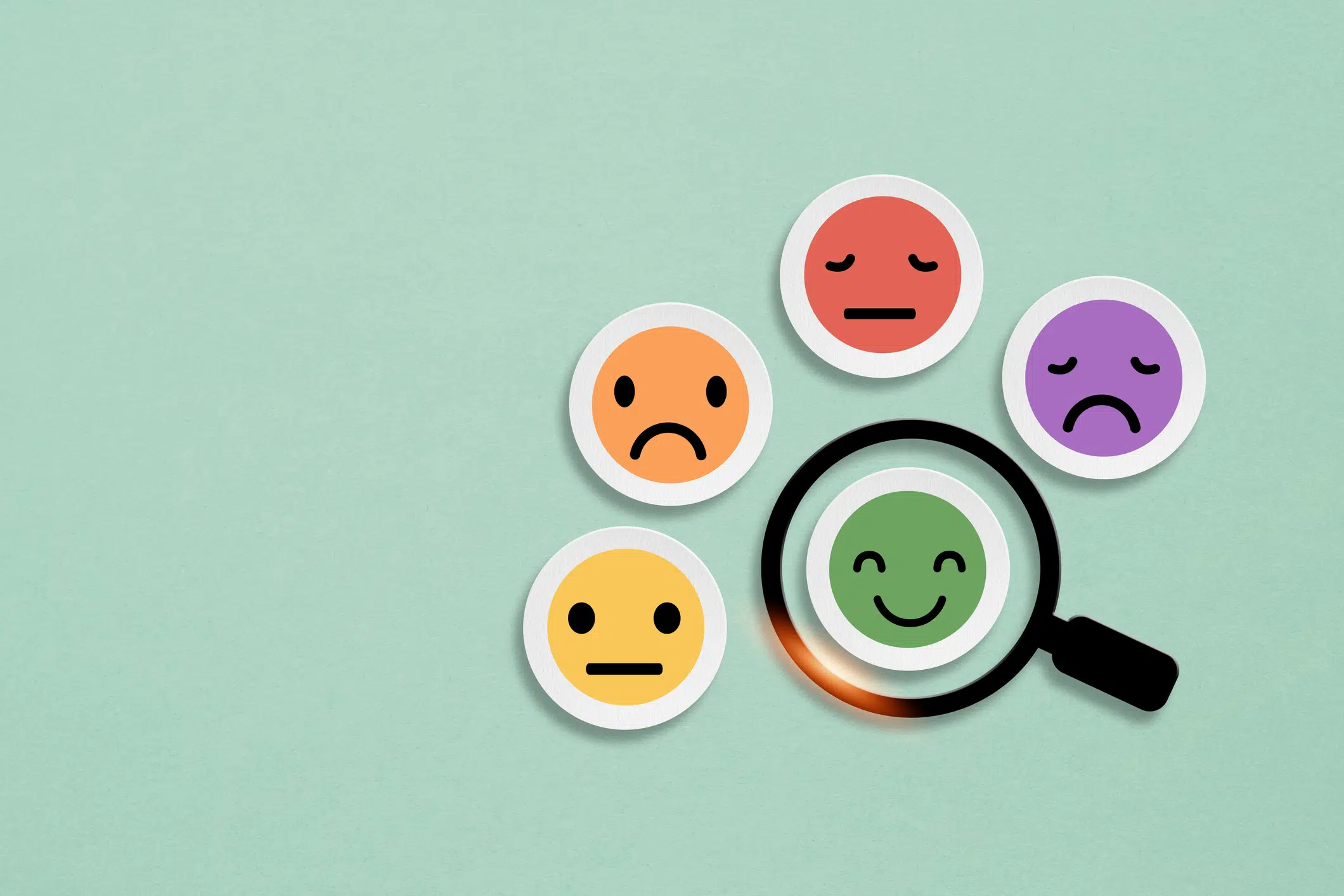How To Find A Korean Therapist Around Me

While plenty of therapists offer mental health services, finding one you like is a process. This is especially true if you’ve never seen a therapist before, as you might not know what a good therapist looks like for you. Ethnicity, culture, gender, age, experience, and location all play a role in finding the right therapist. In this article, we talk about the importance of cultural considerations and our top tips for finding a Korean therapist near you.
Cultural Considerations And Competence In Therapy
The definition of culture is vast. A person’s culture can include many elements like language, values, beliefs, and norms. Therapy should take into account an individual’s experience and social and cultural background.
In a therapy setting, cultural competence means understanding a client’s background, values, and beliefs. Factors like sexuality, gender, race, and age all influence who an individual may be comfortable talking with. For example, someone may want to speak with a therapist who understands issues such as oppression within a specific community and culture. If you’re discussing topics like racism or discrimination, feeling like your therapist can relate and understand may encourage you to share more openly.
Cultural sensitivity can make a client feel more comfortable, heard, and validated. Mental health professionals need to understand how culture can influence their patients. Culture can refer to so many different factors. Having a good understanding of a client’s background and belief system, no matter what that looks like, is crucial for expanding access to mental health care.
Mental Health And Korean Americans
Mental health stigma affects all cultures, ethnicities, and ages; it’s universal. While the conversation surrounding mental health continues to grow and more people seek the help they need, there is still a stigma we all need to work to overcome. In the last 20 years, views on mental health have changed. One study found that overall public stigma toward depression dropped in the 22 years of the study. But, views on schizophrenia and alcohol dependence remained the same.
Now, more than ever, people are talking about mental health. International K-pop stars and celebrities are opening up about mental health. They are talking about depression, anxiety, and pressure globally and within the Korean community.
Views on mental health can change drastically within different communities and cultures. Nearly 30% of older Korean American immigrants experience mental health distress, but 5.7% use mental health services. In recent months, the L. A County Department of Mental Health opened a new mental health clinic in Koreatown. It will be the first directly-operated clinic for local and nearby residents to access mental health resources. The multicultural team is culturally equipped to support the diverse community, taking a step closer to reducing barriers to mental health.
There are a limited number of Korean therapists knowledgeable in both the language and culture. But that doesn’t mean you shouldn’t be able to find a therapist that feels right for you and your specific needs.
5 Steps To Find A Korean Therapist
- Ask Your Physician For Recommendations
One way to find a therapist is to ask someone you trust for a recommendation. This could be your physician or even a close friend. Often, an individual may turn to their physician first if they are concerned about their health, physical or mental. If you don’t have anyone to turn to for a recommendation, reach out to organizations that deal with your concerns. Try the following mental health resources for more information:
- Asian American Psychological Association (AAPA) – research, education, and policy to promote mental health of Asian American communities.
- National Alliance on Mental Illness (NAMI) – includes mental health resources for Asian American and Pacific Islanders, with seminars in Chinese, Korean, and Japanese.
- Search Online Directories
The next point of contact for finding a Korean therapist is by searching online directories. Typically, these directories will use different factors to narrow down the list of potential therapists, including:
- Location
- Type of therapist (e.g., Marriage and Family Therapist LMFT)
- Ethnicity
- Gender
- Language
- Sexuality
- Specialties
- Type of therapy
You can get quite granular with the type of person you’re looking to find. While using all these elements to narrow your search is important, there’s nothing quite like speaking to a therapist to make your final decision. The American Psychological Association has a Psychologist Locator, which is a good place to start.
- Ask Plenty Of Questions
When looking for a mental health professional who understands your specific cultural and social contexts, start by looking for therapists either from your background or who have experience working with people similar to you. Many therapists are trained to work with a diverse range of people from different backgrounds. Make sure to ask your therapist plenty of questions so that you feel confident in them and the work you will need to put in to progress forward.
Here are some questions you could ask:
- Are you familiar with my culture and beliefs?
- What is your experience working with people from my cultural background?
- Do you know about mental health issues that are common in my community?
- Are you bi-lingual?
- Change Therapists
Don’t be afraid to switch therapists if one isn’t working for you. If you feel like you can’t be open and honest with your therapist, it will stand in the way of the work you need to do. Be direct but kind with your therapist. Mention that you appreciate their help but don’t think it’s a good fit for you. Then, continue your search. You will find a mental health professional that aligns with your needs, and it doesn’t need to be the first therapist you speak with. If talking in person feels overwhelming, an email or phone call following your session can give you the time to think about what you want to say.
- Be Open And Honest
When looking for a therapist, think about what’s important to you. Be honest with yourself about what you want. Maybe the most critical factors for you are background and location. So, this could be a Korean therapist in New York City. For another individual, speaking with an LGBTQ+ therapist who specializes in depression is essential. Finding a therapist is personal because the right fit typically involves multiple factors. When you do speak to potential therapists, ask as many questions as you need and wait until you find the right fit for you.
Therapy At Thriving Center Of Psychology
Every year, one in five people experience a mental illness regardless of gender, ethnicity, age, or sexual identification. While mental health problems can impact anyone, Asian Americans are the least likely racial group to take action on their mental health. They are more likely to reach out to friends and family, but not everyone has a solid support system in place.
At Thriving Center of Psychology, our team of compassionate therapists specialize in treating a range of mental health conditions. Answer a few questions on our Therapist Matchmaker, and we can match you with the most suitable therapist based on your needs. Speak to someone who is culturally competent and understanding so that you can feel heard without judgment.
Start your therapy journey today by booking an appointment online or contacting one of our offices in New York, California, Florida, New Jersey, Oregon, Minnesota, Illinois, Massachusetts, and Washington.

Sustaining Love: What to Do When the Honeymoon Phase Fades
There’s nothing quite like that initial attraction and spark where you just can’t get enough of your partner. But as the months and years roll on, it’s normal for relationships to transition through stages, and dynamics can shift.

All a Bad Dream? 1 in 4 Think Their Nightmares Predicted the Future
Americans have a lot on their minds. From navigating daily stress due to work or mental health to grappling with bigger widespread issues like politics, climate change, or crime, it’s safe to say there’s a lot to think about daily. For many, stressors aren’t only encroaching on their minds during waking hours, but also when they try to sleep in the form of nightmares, or bad dreams.

Psychological Challenges with Remote Working
While we can meet our loved ones in person without masks, the pandemic brought some changes that have stuck. Remote working has transformed the workforce. Some companies have chosen a fully remote approach, while others are welcoming their employees back to the office full-time.

Survey: 72% of Americans are Stressing About the Upcoming Presidential Election
Political viewpoints in the U.S. have always been contentious, but is the impact of politics in the United States making it difficult for people to live their everyday lives? With some anticipating another brutal and long campaign season ahead of the upcoming 2024 presidential election, nearly half of Americans say politics is negatively impacting their mental health.




